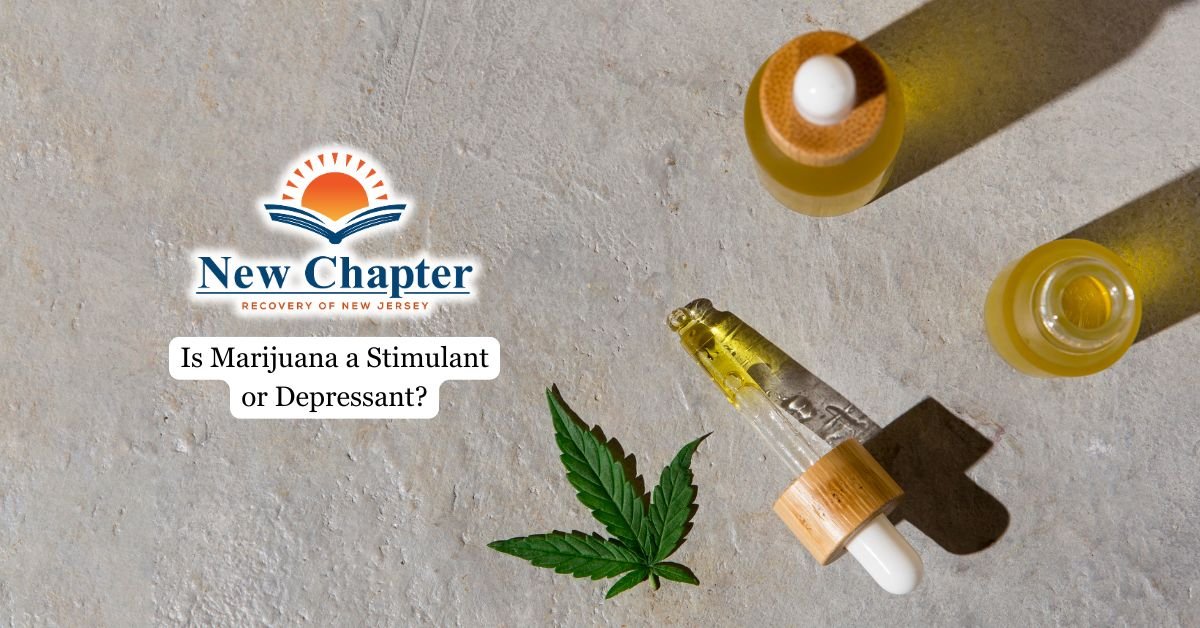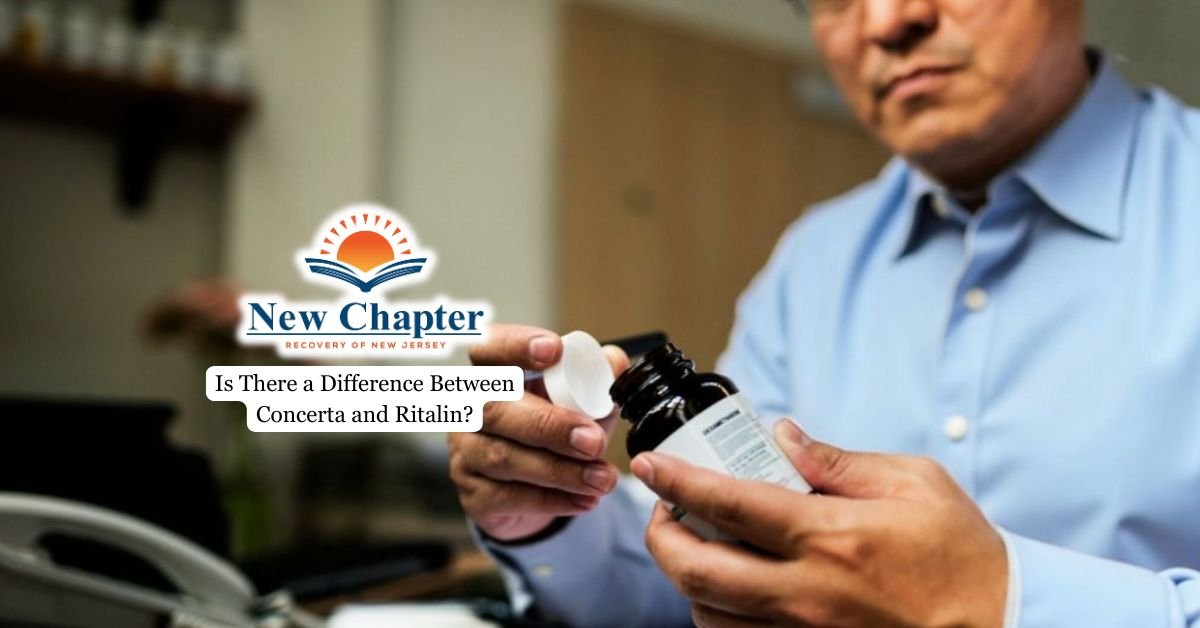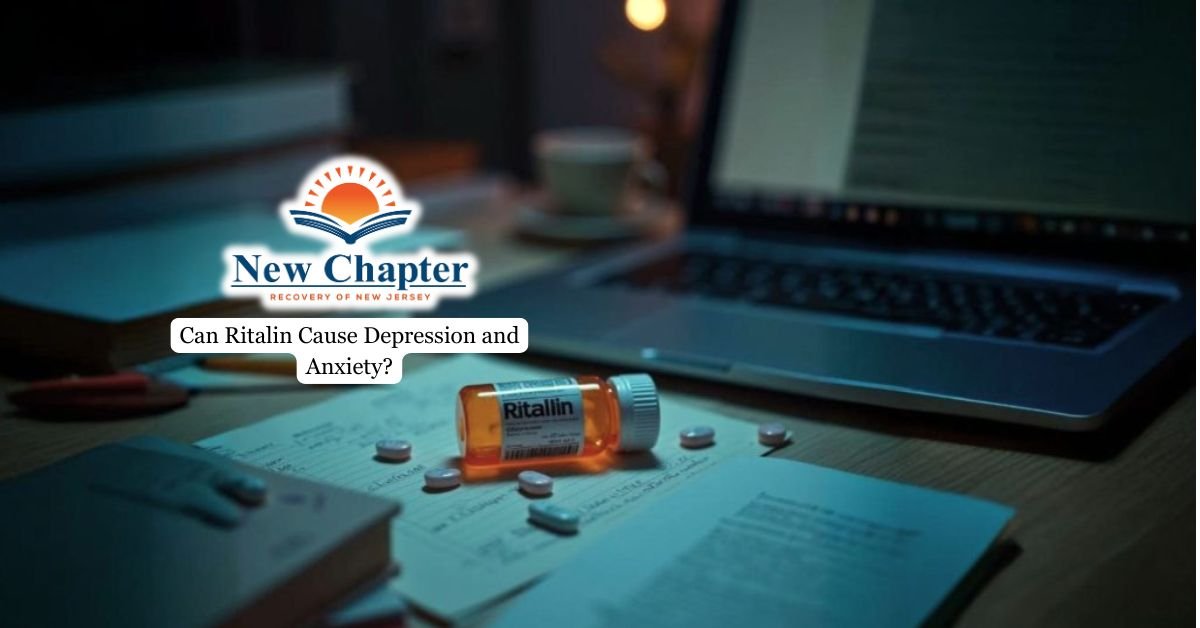Addiction recovery is a lifelong journey that doesn’t end when an individual completes a rehabilitation program. It requires ongoing therapy and adjustments to maintain sobriety. This is where step-down programs play a crucial role in helping individuals transition from the structured environment of rehab to the challenges of independent living.
In this article, we’ll discuss what step-down programs are, why they are important in substance abuse recovery, and how they help individuals establish a strong foundation for long-term success.

What is a Step Down Program?
When you’re on the path to addiction recovery, a step-down program offers a structured approach to transition from intensive treatment to less intensive care.
This type of outpatient treatment program is designed to help you gradually adjust to sobriety by moving from higher levels of care, like residential treatment, to low-intensity outpatient treatment options.
The step-down process accommodates your individual progress, with evaluations determining when you’re ready to move to a lower level of treatment.
Engaging in therapeutic activities, such as group therapy and individual counseling, reinforces coping strategies and helps reduce the risk of relapse.
Importance of Step-Down Programs in Addiction Treatment
Step-down programs play a crucial role in preventing relapse by equipping participants with the tools they need to identify triggers, manage cravings, and develop effective coping strategies during the vulnerable early stages of sobriety.
These programs also foster the development of essential life skills, such as stress management, communication, and problem-solving, which are often disrupted by addiction.
On top of that, step-down programs emphasize emotional healing through continued therapy and counseling, addressing the underlying issues that contribute to substance use.
By gradually increasing independence while maintaining accountability and support, these programs help individuals build confidence in their ability to navigate daily challenges and sustain long-term recovery.
Key Components of Step-Down Programs
These programs often provide ongoing therapeutic support through regular individual and group therapy sessions, although less frequently than in inpatient care.
A critical component is practical life skills training, which covers areas such as stress management, financial planning, job search skills, and time management.
Relapse prevention strategies are emphasized, educating participants on recognizing warning signs and developing effective coping mechanisms.
Patients are encouraged to continue seeking ongoing support through 12-step programs or local recovery groups to maintain accountability and connection with peers.
Many programs adopt a holistic approach to wellness, incorporating mindfulness practices, physical fitness, nutritional counseling, and sleep hygiene education.
Regular assessments are conducted to monitor progress and determine when individuals can move to a lower level of aftercare, ensuring that treatment is tailored to their evolving needs.

Types of Step-Down Programs
Partial hospitalization programs (PHPs) offer a more intensive level of care than IOPs, with 20 or more hours of weekly treatment.
Intensive outpatient treatment (IOP) is one type of step-down program that typically involves 9-19 hours of programming per week, allowing you to maintain daily responsibilities while receiving ongoing support.
Outpatient programs provide the least intensive level of step-down care, focusing on maintaining sobriety and preventing relapse through regular therapy sessions and supportive groups.
Who Can Benefit from a Step-Down Program
If you’re transitioning from intensive inpatient treatment, a step-down program offers structured support while promoting increased independence.
It’s also ideal if you’ve completed detoxification and need ongoing support to maintain sobriety without 24/7 care. Those with co-occurring mental health disorders can find step-down programs beneficial, as they often incorporate therapy tailored to your unique needs.
If you’ve shown progress and improved coping skills, a step-down program can help you gradually re-enter daily life and responsibilities.
Final thoughts from New Chapter Recovery
At New Chapter Recovery in New Jersey, we understand that the journey to recovery from substance use disorder is ongoing. Our intensive outpatient program is designed to provide the structured support and compassionate care you need as you transition from more intensive treatment settings. By integrating evidence-based practices, we provide you with the needed level of support and empower you to build a strong, lasting foundation for sobriety.






